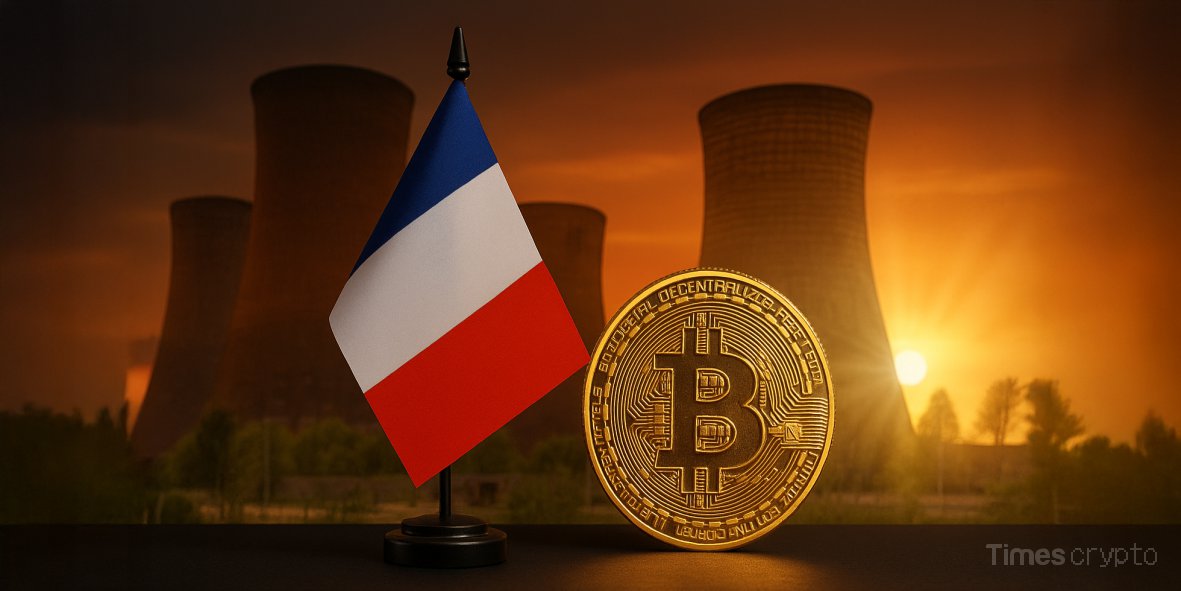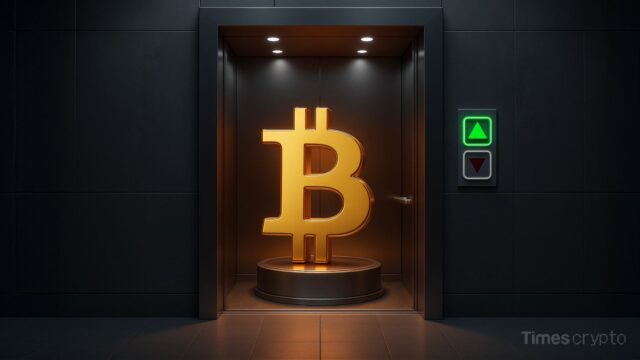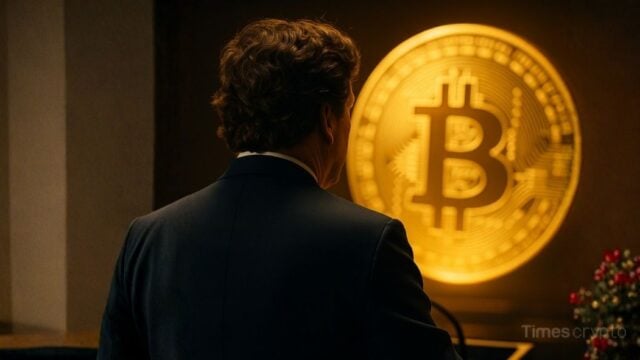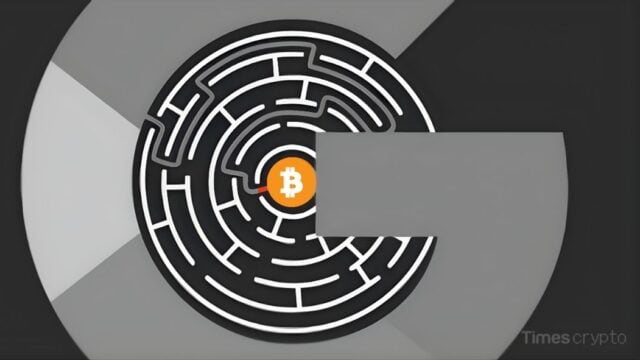Key Takeaways
- Nuclear Bitcoin mining proposal: France’s National Rally party is planning to use surplus nuclear energy for crypto mining, flipping its anti-crypto first stance.
- Strategic play: After calling for a Bitcoin ban in 2016, Marine Le Pen now frames nuclear Bitcoin mining as a tool to reduce energy waste and boost sovereignty on the way.
- Global trend: Pro crypto policies are winning elections worldwide, from Trump’s U.S. to South Korea, forcing European parties to adapt or pay the price.
- Critics question priorities: Opponents argue that excess energy could fuel green hydrogen or factories instead of Bitcoin (BTC).
Table of Contents
From Crypto Doubter to Nuclear Miners
Just ten years ago, Marine Le Pen called Bitcoin a tool of the global elite. Can you imagine? Now, her party (the National Rally or RN) is working on a proposal to set up nuclear Bitcoin mining rigs at France’s nuclear facilities. Why? Because France gets 70% of its electricity from nuclear reactors and is looking to leverage wasted energy to transform previously unutilized energy into crypto.
This comes along with her declarations on the latest Energy Regulatory Commission (CRE) on the French energy expenses:
"The Energy Regulatory Commission (CRE) has just confirmed that the French will pay much more for the forced development of wind turbines, solar panels, and other subsidized energies.” Marine Le Pen X post.When visiting Flamanville nuclear plant in Normandy in March, Le Pen referred to the prospect of developing some of its “lost” energy as a win-win solution that would monetize France’s surplus energy (which France frequently sells to its neighbors at a loss). It could also position France as a center for low-carbon crypto production. MP Aurélien Lopez-Liguori is now trying to draft legislation that could allow state-owned Électricité de France (EDF) to have nuclear Bitcoin mining operations in place by 2026.
Why the Sudden Crypto Love?
This is not just about energy; it’s about votes, it’s an apolitical move. The RN’s change of heart reflects the global political direction:
- Trump 2.0 enacted pro-crypto policy, such as the GENIUS Act, which credits digital assets for helping him win 2024.
- It was a promise of deregulating crypto, which won South Korea’s conservatives, who now have a large crypto industry.
- El Salvador’s audacious bitcoin bet may have made a mess of its economy, but that hasn’t stopped a nationalist leader from pulling in Latin American support from a diverse ecology of Bitcoin supporters, boosting its nationalist leader’s appeal.
In France, where over 10% of adults own crypto or have transacted with it (near 70% increase since 2023), the RN smells opportunity. This is not ideology, but it is based on realism. Young voters want jobs in Web3, not warnings about ‘risky’ Bitcoin.
The Nuclear Bitcoin Mining Advantage – And Its Discontents
France is unmatched in its atomic fleet of nuclear power plants, and no other power source (barring hydro) has the advantage that nuclear does. Different from German coal or Spanish solar, nuclear can provide baseload power 24-7-365, which is a boon for anything requiring energy like bitcoin mining.
RN supporters tout the greener emissions of nuclear energy and nuclear Bitcoin mining itself, which is greener than leaving the excess power on the grid to be shipped to other countries where it’s converted back to fossil generators. Several critics have previously described the project as “political theater.“
Other energy experts believe surplus nuclear power would be better used to fuel the hydrogen economy or heavy industry. Environmentalists say any energy spent on bitcoin is wasted energy, even if its intentions are low-carbon. EU regulators also have indicated that France’s plans, especially the technological coupling, could undermine the bloc’s burn/emissions reduction goals.
Some crypto proponents have also expressed concern about the project, with some saying “Mining is a mercenary industry,” and if profits go down, the region will lose those, along with the RN’s ‘sovereign’ vision.
A High-Stakes Vision
The RN’s nuclear bitcoin mining scheme is more than policy; it’s more like a populist rebranding. In aligning itself with crypto, Le Pen’s party may be attempting to rid itself of its anti-tech character and appeal to younger voters. However, with Macron’s centrists in charge and remaining committed to strict EU crypto rules, France still faces a basic clash of vision: regulation vs. revolution.
Final Thought: Will nuclear bitcoin mining be France’s next export? A lot of people are hoping not, as I’ll know this will just be another campaign promise to be broken after the election. And the answer will be important to see if Europe’s crypto future is made in Paris or somewhere else.
For more on Bitcoin mining-related stories, read: Bitmain Bets on America: Chinese Bitcoin Mining Giant to Open First U.S. Factory







